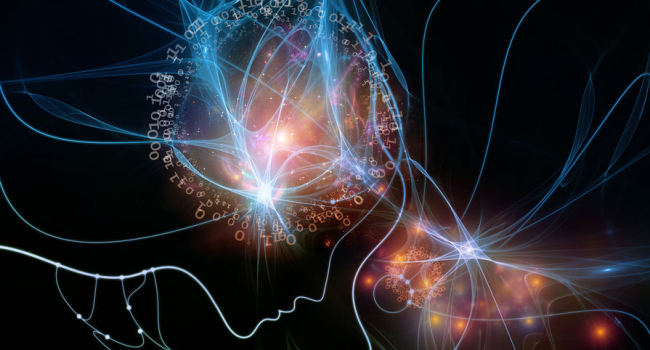
Scientists use living brain tissue to create cybernets
American scientists from Indiana University in Bloomington have developed a new type of neural network using living brain organoids grown from stem cells. The research has been published in the scientific journal Nature Electronics.
Organoids bear little resemblance to the human brain, resembling miniature structures made of specific types of tissues. While incapable of generating thoughts, emotions, or consciousness, these structures facilitate the study of organ structure without the need for experiments on humans.
Researchers turned to organoids to design neural networks because the biological brain requires significantly less energy compared to fully electronic artificial intelligence (AI) systems. For instance, our brain needs about 20 watts of energy to function throughout the day, whereas an AI based on microprocessors requires around 8 million watts to achieve remotely comparable results.
The new development, named Brainware, is an organoid with a diameter less than a nanometer, mounted on a high-density multi-electrode array. This chip can send electrical signals to nerve tissue and read the resulting electrical activity.
The tested cybernetic system involved solving two types of tasks: speech recognition and solving nonlinear equations. In the first test, the accuracy of decoding Japanese phrases increased from 51% to 78% over two days.
In mathematical calculations, Brainware proved noticeably faster than artificial neural networks (ANNs) without a long-term memory block and slightly lagged in accuracy behind ANNs with long-term memory. However, scientists noted that more effective artificial neural networks took much more time to train compared to the organoid-based AI. Under equal conditions, Brainware learned 90% faster than fully electronic counterparts.
Researchers highlight that their discovery is a significant step towards a new type of computer architecture. At the same time, they emphasize that the further development of such technologies must take ethical aspects into account. Additionally, supporting organoids requires life support systems, and the need for these systems partially offsets the energy consumption savings.
- Related News
- Artificial intelligence can recognize human emotions by voice: Where can it be used?
- Eight major newspapers sue OpenAI and Microsoft for illegally using their content for AI development
- Chinese startup introduces robot that prepares, serves, pours wine, irons, and folds ironed clothes
- Google's Gemini app is already available for older versions of Android
- Google fires 28 employees who protested against company's cooperation with Israel
- Meta unveils Llama 3 and claims it's the "most powerful" open source language model
- Most read
month
week
day
- Xiaomi unveils exclusive Redmi Note 13 Pro+ dedicated to Messi and Argentina national team 951
- Sparkles: Boston Dynamics unveils a furry robot dog that can dance (video) 875
- Internet 500 times faster than 5G tested in Japan: It allows to transfer five movies in HD resolution in one second 803
- What will happen to the Earth if the Moon disappears? 737
- Which smartphones will be the first to receive Android 15? 723
- iPhone 16 may get colored matte glass back panel, 7 colors 714
- Great value for money: 3 best Realme smartphones 697
- WhatsApp receives two new features 658
- How do hackers use public Wi-Fi hotspots to intercept data and how to protect yourself from them? 625
- Why it is recommended to download applications on trusted platforms: In 2023, Google rejected publication of more than 2 million dangerous applications on Google Play 601
- Archive
